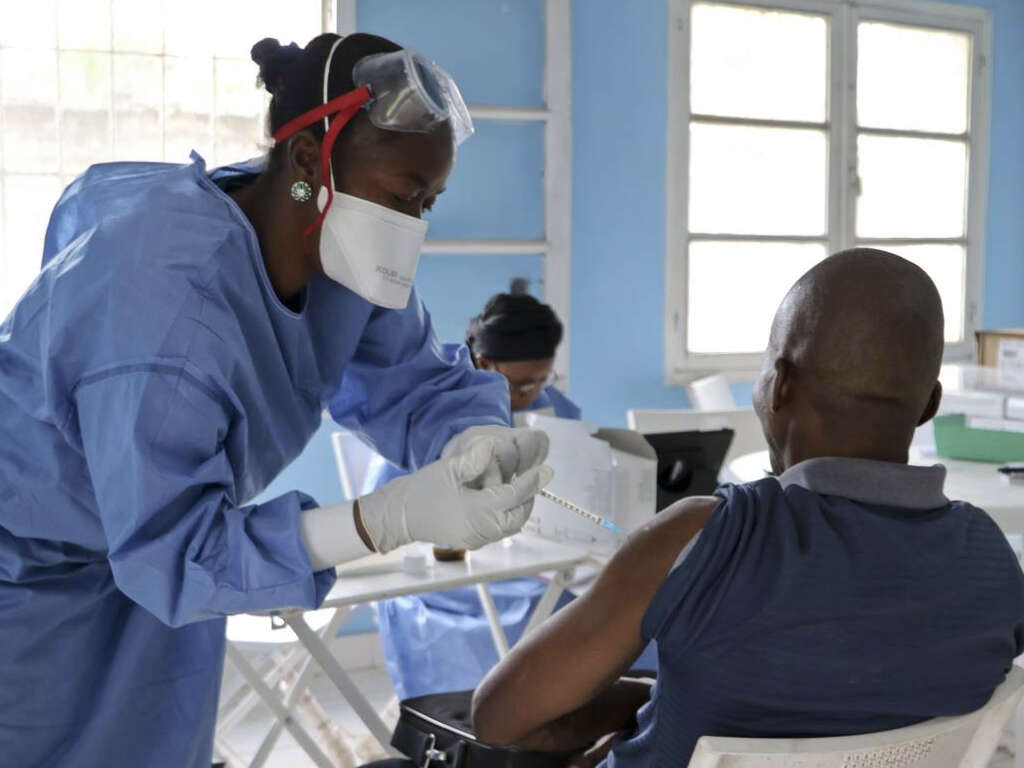10 Tularemia Symptoms
 Article Sources
Article Sources
- 1. 'Signs and Symptoms of Tularemia | CDC.' Centers for Disease Control and Prevention, 18 Dec. 2019, www.cdc.gov/tularemia/signssymptoms/index.html
- 2. 'Tularemia - Symptoms and Causes.' Mayo Clinic, 29 Aug. 2018, www.mayoclinic.org/diseases-conditions/tularemia/symptoms-causes/syc-20378635
- 3. 'Tularemia: MedlinePlus Medical Encyclopedia.' MedlinePlus - Health Information from the National Library of Medicine, medlineplus.gov/ency/article/000856.htm
- 4. 'Tularaemia. Understand About Tularaemia Zoonosis Infection.' Symptom Checker, Health Information and Medicines Guide | Patient, 19 Oct. 2016, patient.info/doctor/tularaemia
Difficulty Breathing
If a person with tularemia doesn't take antibiotics to manage the illness, it can progress to pneumonic tularemia. Untreated pneumonic tularemia can be especially dangerous. Over time, the infection may cause a person could to go into respiratory distress or even stop breathing.4‘Tularaemia. Understand About Tularaemia Zoonosis Infection.’ Symptom Checker, Health Information and Medicines Guide | Patient, 19 Oct. 2016, patient.info/doctor/tularaemia
If a person is short of breath, breathing too quickly or not able to breathe deeply, they should go to a hospital. They may need extra oxygen or mechanical ventilation along with antibiotics to manage the infection.1‘Signs and Symptoms of Tularemia | CDC.’ Centers for Disease Control and Prevention, 18 Dec. 2019, www.cdc.gov/tularemia/signssymptoms/index.html
Advertisement











